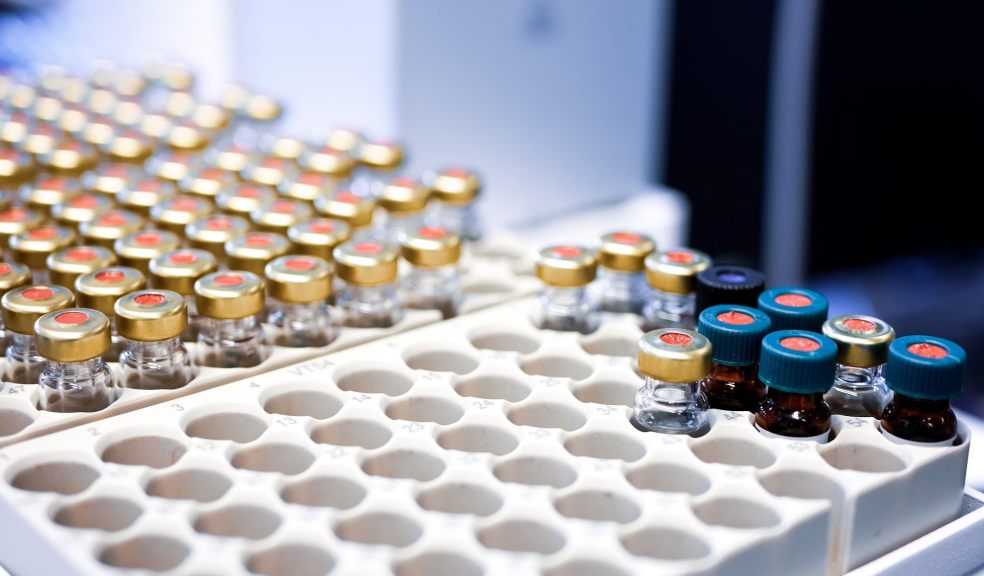
Biohacking - What Are Nootropics?
Biohacking has surged in popularity recently within health and wellness circles. This broad concept involves experimenting with methods for enhancing human performance - whether physically, mentally, or emotionally.
One biohacking area that has gained significant traction focuses specifically on cognitive enhancement through substances known as nootropics. This article will explore the basics behind the emerging world of nootropics.
Decoding Biohacks
First, what exactly is biohacking? At its core, biohacking refers to hacking one's biology to optimise performance. This can involve a wide range of lifestyle modifications like:
- Nutrition - Strategic diets, fasting, supplements
- Physical Fitness - Unique exercise routines, recovery methods
- Sleep - Optimizing sleep cycles or architecture
- Stress Relief - Meditation, breathwork, cold therapy
- Nootropics - Substances for mental enhancement
The common thread is leveraging evidence-based techniques to function at a higher level. For some biohackers, the aim is achieving superhuman abilities. For others, it’s more about realising untapped potential within themselves.
What Are Nootropics?
Nootropics represent a specific biohacking subset involving the consumption of cognitive-enhancing compounds. The term nootropic was coined in 1972 by Romanian psychologist Corneliu E. Giurgea.
Nootropics are substances that aim to produce effects such as:
- Enhanced learning capacity
- Improved memory
- Heightened creativity
- More focus and concentration
These compounds typically derive from natural ingredients or synthetic formulations. Some nootropics have more research backing their efficacy than others.
Categories of Cognitive Enhancers
There are several categories and families of ingredients considered central within the nootropics realm:
- Stimulants - Caffeine, nicotine
- Vitamins & Minerals - B vitamins, magnesium, zinc
- Amino Acids - L-theanine, tyrosine
- Racetams - Piracetam, phenylpiracetam
- Adaptogens - Rhodiola rosea, bacopa
- Peptides - Noopept, semax
As research continues, more cutting-edge compounds join the fray. This includes emerging psychedelic phenomena like microdosing to spur new modes of thought.
Surprisingly, as listed above, nicotine has historically demonstrated cognitive-enhancing abilities. Dating back to the 1500s, nicotine consumption aimed to harness medicinal benefits like improved focus and concentration.
New oral nicotine products like those offered by Prime Nic Pouches allow accessing these mental acuity benefits without smoking or vaping. Early data indicates a surging demand for these convenient nicotine pouches.
Evidence-Backed Nootropic Ingredients
Some nootropic substances like caffeine have extensive scientific support behind cognitive benefits. Others remain more speculative until further research validates initial promising indications.
Here are two well-studied nootropic ingredients:
Caffeine – This central nervous system stimulant is consumed globally through coffee, tea, and other delivery methods. Caffeine provides temporary focus, alertness, and concentration enhancement. It works by blocking adenosine receptors.
L-Theanine – This amino acid is found in green tea leaves. Evidence indicates L-theanine can stimulate alpha brain waves to induce relaxation without drowsiness. This helps moderate caffeine jitters while sustaining attention.
Both caffeine and L-theanine illustrate nootropics with proven real-world efficacy for cognitive function improvement.
Emergence of Convenient Nootropic Forms
While nootropic supplements have existed for decades, delivery methods continue advancing with technology. We now see convenient options emerging like:
- Nootropic Beverages - Ready-to-drink cans and bottles containing cognitive enhancers
- Nootropic Gummies - Gummy chews with ingredients like caffeine or L-theanine
- Nootropic Pouches - Sublingual pouches like nicotine pouches
These portable formats provide easy integration into hectic modern lifestyles.
Assessing If Nootropics Are Right For You
Before rushing towards the latest hot nootropic, first reflect deeply on your goals and motivations. Do you aim to overcome diagnosed attention or learning issues? Or are you seeking an artificial boost to keep pace with unrealistic expectations?
If pursuing enhancement, begin with lower risk steps like optimising sleep, nutrition, exercise, and lifestyle habits. Also consult healthcare professionals to account for contraindications with existing medications or conditions.
Though nootropics offer tantalising promises, sustainable gains involve holistic self-care. Quick fixes often prove fleeting.
The Future of Cognitive Enhancement
As biohacking gains devotees, expect continued innovation in the nootropic realm. We’ll likely see new delivery methods, improved targeting, and compounds tailored to specific neuronal pathways or desired outcomes.
However, wider adoption raises ethical questions around coercion and fairness. Will societal pressures essentially mandate cognitive enhancement to compete? Does that disadvantage certain demographic groups?
Hopefully regulatory frameworks will encourage responsible development that maximises access while minimising harm. With sound policies guiding future advances, the promise of nootropics remains intriguing.













